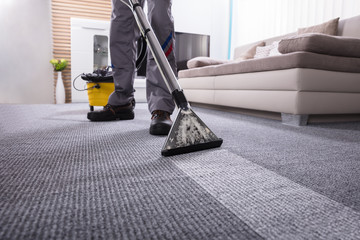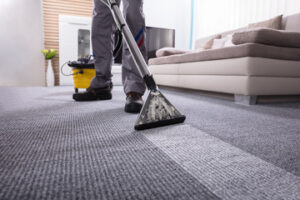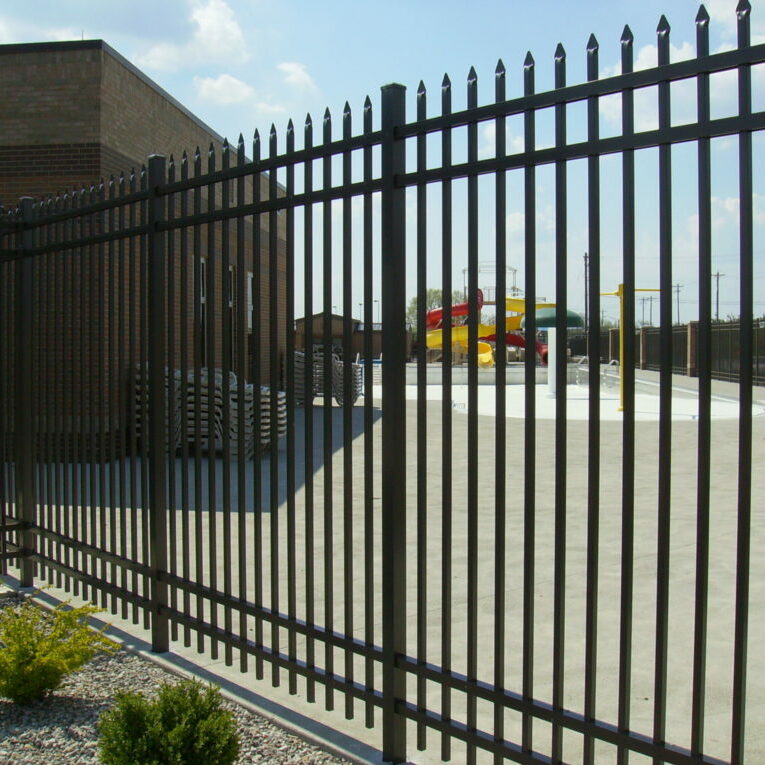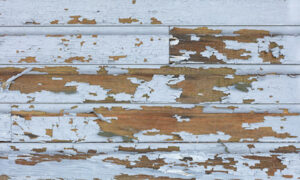Life Insurance Arlington is an excellent way to provide financial security for your loved ones after you’re gone. It provides a lump sum of money to your beneficiaries, which they can use to pay expenses or leave as an inheritance.
However, it’s not a one-size-fits-all product. There are many different types of policies, as well as riders.

Life insurance pays a financial payout (often equal to the policy’s coverage amount) when you die, which your beneficiaries can use for any purpose. This can help them pay end-of-life costs, such as funeral or burial expenses. They can also pay off debt or cover essential expenses, such as mortgage payments and college tuition. Some policies also include accidental death and dismemberment benefits, which can help to offset the cost of medical bills or other financial loss caused by an accident.
The type of death benefit you choose depends on your situation and goals. For example, you might want to buy a policy that pays out a lump sum to pay off your debt, or you may prefer to have a policy that provides regular payments that will continue after your death. Some policies also allow you to name multiple beneficiaries. These are typically your spouse, children or other close relatives, though you can name anyone you wish. If you decide to name multiple beneficiaries, you must specify how much of the death benefit each will receive. You can also specify contingent beneficiaries, who will receive the death benefit if all primary recipients are no longer alive when you die.
Some policies have a limited term, meaning they will only pay out if you die within a certain period of time, such as five, ten or 25 years. These are called term life policies. Others are permanent policies, and they pay out a predetermined amount when you die, regardless of how old you are or whether you have any health issues. You can find these types of policies through a private insurer or as part of your job. Most group policies are term life, but some offer permanent coverage as well.
Some life insurance policies have additional features, such as a savings component that earns interest. This is known as cash value, and it can grow to equal or exceed the death benefit paid out by your insurer if you stay with the policy for a long enough period. However, it’s important to note that the death benefit will be reduced if you lie on your application or engage in dangerous activities.
It lapses if you don’t pay the premium
If you miss a life insurance premium payment, your policy will likely lapse. However, you should not panic if this happens. There are usually several ways to avoid a life insurance lapse, such as setting up automatic deductions from your bank account or paying online. You can also ask your insurer about quarterly or annual payments, which may be more manageable for you.
Most state departments of insurance require that life insurance companies provide a grace period for missing premium payments. This is typically 30 or 31 days after the date of the missed payment. During this period, your beneficiary will receive the death benefit payout if you die. However, you will still have to pay back the owed premiums. In addition, you will probably owe a late fee.
Lapsing a life insurance policy can have serious consequences for your beneficiaries. It can also lead to increased life insurance rates for you and your family in the future. You can try to reinstate your lapsed policy within two years, but the process varies by insurer.
The life insurance industry has taken steps to reduce the rate of lapses in recent years, but it’s important to keep in mind that this is an ongoing problem. If you’re not careful, you can lose your life insurance coverage and have to undergo a new underwriting process to get it back.
A lapsed life insurance policy means that the policy will no longer be valid and your beneficiary will not receive a death benefit. To avoid a lapse, you should set up reminders to pay your premiums and check that the checks are being delivered to your insurance company on time. You should also make sure that your life insurance provider has the correct mailing address on file.
A lapsed life insurance policy can be reinstated by paying back the outstanding premiums and undergoing a new medical examination, depending on your insurer. This can be a hassle, but it is much cheaper than buying a new life insurance policy. In addition, some lapsed policies have riders or added benefits, such as an accidental death benefit or waiver of premium rider. You should make sure to pay any outstanding loan amounts and confirm that all the additional benefits are active before submitting your application for reinstatement.
It has a grace period
Life insurance is one of the most important investments you can make for your family. However, it can be easy to miss a premium payment due to misplaced bills or forgetfulness. Top life insurance companies understand this and provide added flexibility for their policyholders through grace periods. These are windows post the premium due date during which you can pay the missed payment and still have the policy remain in force.
The duration of the insurance grace period varies between different policies and is also dependent on the premium payment mode, which can be monthly, quarterly, half-yearly or annually. However, all policies have a minimum of 30 days to allow the policyholder to catch up on their payments without losing their coverage. In addition, during the grace period, a death claim is still payable to the beneficiary, but the company will subtract the premium payment that is owed from the death benefit.
A lapsed life insurance policy can still be reinstated, but the process is complicated and may require a medical exam or health questions. In addition, the premium for a lapsed policy is usually higher than that of a current policy. In some cases, a lapsed policy can be revived within five years, but the premium must be paid in full along with interest.
The best way to avoid a lapse in life insurance is to set a budget that includes the cost of the policy and treat it as a non-negotiable expense. If you are having trouble making the required payments, speak to your life insurance agent or company representative as soon as possible. They may be able to offer flexible options for paying your premium, such as changing your policy term or leveraging your cash value to keep the policy active. Depending on your situation, they might even be able to waive your premium under certain circumstances.
It has riders
A life insurance policy offers a death benefit in exchange for premium payments. But some people need coverage for other things that could occur after their deaths, such as the need to continue a family business or the ability to cover mortgage or rent expenses. For these situations, some policies offer riders that extend the coverage to provide a number of different protections. These riders can add value to a policy and are usually available at an additional cost. However, some riders may not be worth the extra expense. It is important to weigh the needs and costs of each rider and discuss them with a financial professional before adding one to a life insurance policy.
The various types of riders available include ones that allow you to purchase additional coverage in the future without having to undergo a medical exam or proving that you are healthy. These riders are called guaranteed insurability options, and they are available on whole life insurance policies. They are best for people who want to buy more life insurance coverage later but don’t want to pay the higher premiums associated with a new policy.
Other riders are designed to help pay for long-term care expenses, allowing you to accelerate part of your death benefit while you’re still alive. This rider, which is offered on most whole life and custom whole life policies at issue, comes with an additional cost.
Another option is the family income rider, which adjusts how your death benefit is paid out to your beneficiaries. This allows you to provide your family with a monthly income for a specific number of years after your death, and it can be helpful for people who are sole breadwinners. This rider is also available as a standalone policy from some insurers.
Other riders offer coverage for special circumstances, such as suicide and homicide. Some insurers also offer a rider that provides for a refund of your premium payments if you die during the term of the policy, or an accidental death rider that pays your beneficiary a certain amount of money if you die as a result of an accident.












